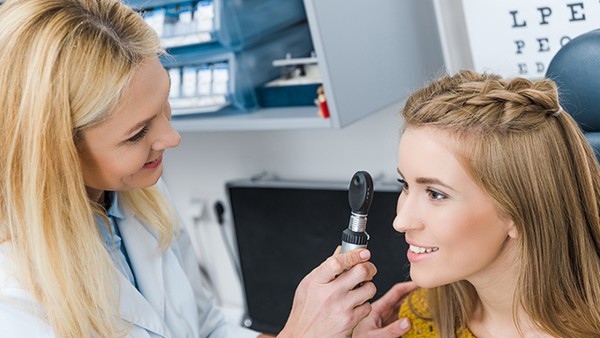What to do if premature infants have high jaundice?

Introduction
Jaundice is a common condition in newborns, characterized by a yellowing of the skin and whites of the eyes. It occurs when there is a buildup of bilirubin, a yellow pigment produced when red blood cells are broken down. In most cases, jaundice is harmless and resolves on its own within a few weeks. However, in some cases, particularly in premature infants, jaundice can become severe and require treatment.
Causes of jaundice in premature infants
There are several factors that can contribute to jaundice in premature infants:
Immaturity of the liver: The liver is responsible for removing bilirubin from the blood. In premature infants, the liver is not fully developed and may not be able to process bilirubin efficiently.
Increased production of bilirubin: Premature infants have a higher rate of red blood cell breakdown than full-term infants, which leads to increased production of bilirubin.
Reduced ability to excrete bilirubin: Premature infants have a reduced ability to excrete bilirubin through their intestines. This can lead to a buildup of bilirubin in the blood.
Symptoms of high jaundice in premature infants
The symptoms of high jaundice in premature infants can include:
Yellowing of the skin and whites of the eyes
Dark urine
Light-colored stools
Lethargy
Poor feeding
Weight loss
Treatment for high jaundice in premature infants
The treatment for high jaundice in premature infants depends on the severity of the condition. In mild cases, treatment may not be necessary and the jaundice will resolve on its own. In more severe cases, treatment options may include:
Phototherapy: Phototherapy involves exposing the infant to ultraviolet light, which helps to break down bilirubin. Phototherapy is usually done in the hospital.
Exchange transfusion: In severe cases, an exchange transfusion may be necessary. This involves removing some of the infant's blood and replacing it with donor blood that has a lower bilirubin level.
Prevention of high jaundice in premature infants
There is no sure way to prevent high jaundice in premature infants. However, there are some steps that can be taken to reduce the risk, such as:
Ensuring that the infant is getting enough to eat: Breast milk or formula helps to stimulate the liver and promote the excretion of bilirubin.
Avoiding dehydration: Dehydration can worsen jaundice. Make sure that the infant is getting enough fluids.
Keeping the infant warm: Warmth helps to increase blood flow to the liver and promote the excretion of bilirubin.
Outlook for premature infants with high jaundice
The outlook for premature infants with high jaundice depends on the severity of the condition. In most cases, jaundice resolves on its own within a few weeks. However, in some cases, high jaundice can lead to complications, such as kernicterus, which is a rare but serious condition that can cause brain damage.
When to seek medical attention
It is important to seek medical attention if your premature infant has jaundice. The doctor will be able to assess the severity of the condition and recommend the appropriate treatment.
The above is all the content that the editor wants to share with you. I sincerely hope that these contents can bring some help to your life and health, and I also wish that your life will be happier and happier.
Topic: #do #if #what














